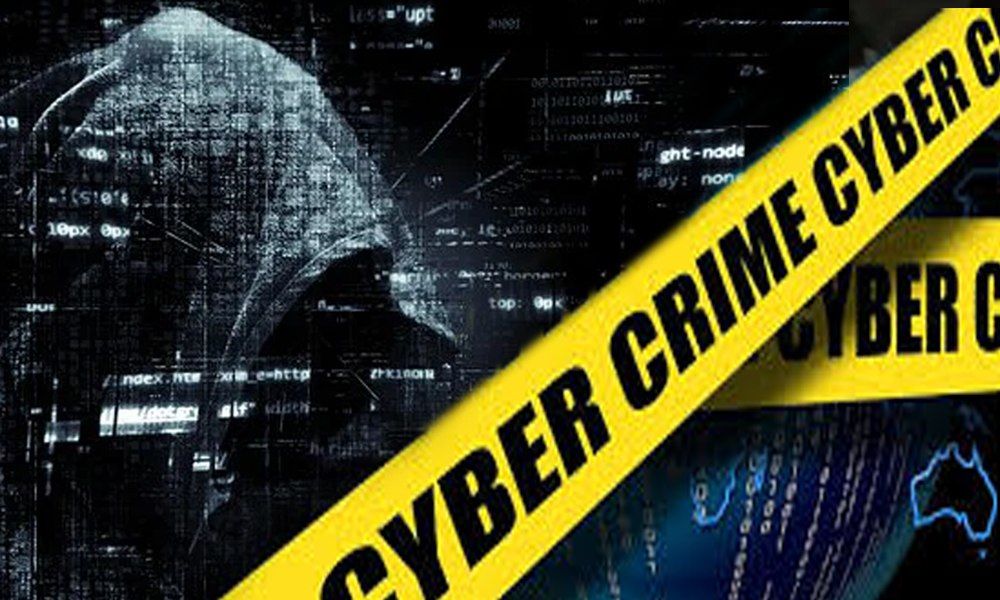Today we live in a world of digitalization, we can find anything online like shopping, lecture class, banking etc. likewise cybercrime is rising as well. cyber crime like:
1. Phishing and Scam:
Phishing is a type of social engineering attack that targets the user and tricks them by sending fake messages and emails to get sensitive information about the user or trying to download malicious software and exploit it on the target system.
2. Identity Theft
Identity theft occurs when a cybercriminal uses another person’s personal data like credit card numbers or personal pictures without their permission to commit a fraud or a crime.
3. Ransomware Attack
Ransomware attacks are a very common type of cybercrime. It is a type of malware that has the capability to prevent users from accessing all of their personal data on the system by encrypting them and then asking for a ransom in order to give access to the encrypted data.
4. Hacking/Misusing Computer Networks
This term refers to the crime of unauthorized access to private computers or networks and misuse of it either by shutting it down or tampering with the data stored or other illegal approaches.
5. Internet Fraud
Internet fraud is a type of cybercrimes that makes use of the internet and it can be considered a general term that groups all of the crimes that happen over the internet like spam, banking frauds, theft of service, etc.
LEGAL REMEDIES:
- Under section 43A of the Information Technology Act, 2000 the victim has the right to appeal in the court for the compensation of the wrong done to him, as this section covers the penalties and the compensations which involve the offences like “damage to the computer, computer system or computer networks etc.”. Any body-corporate who is dealing with the sensitive data, information or maintaining it of its own or of other’s and if negligently compromises with such data or information that such body corporate will be liable under this section and will have to pay the compensation as per the discretion of the court.
- Section 65 of the Act covers the punishment for the offences which involve “tampering with computer source documents”, where according to the section, “Whoever knowingly or intentionally conceals, destroys or alters or intentionally or knowingly causes another to conceal, destroy, or alter any computer source code used for a computer, computer program, computer system or computer network, when the computer source code is required to be kept or maintained by law for the time being in force, shall be punishable with imprisonment up to three years, or with fine which may extend up to two lakh rupees, or with both”.
- There are still various loopholes in this IT Act, 2008 as there are newly discovered and undiscovered cyber-offences for which the law needs to stretch its arms and improve the strictness to deal with.
- Also there are offences which are not governed by the IT Act as they are already covered under other laws such as “Cyber-defamation” which is governed under Indian Penal Code, 1860, the term “Defamation” and its punishment is defined under this Act therefore, no specific definition is covered elsewhere because the impact of such online offence is the same as that of the offline.
CONCLUSION:
We live in a world of technology in 21st century, we should be cautioned in every step before click any unknown link, before share the OTP, before share the identity Proof, before sharing the bank details etc “Caution is better than Cure”.

